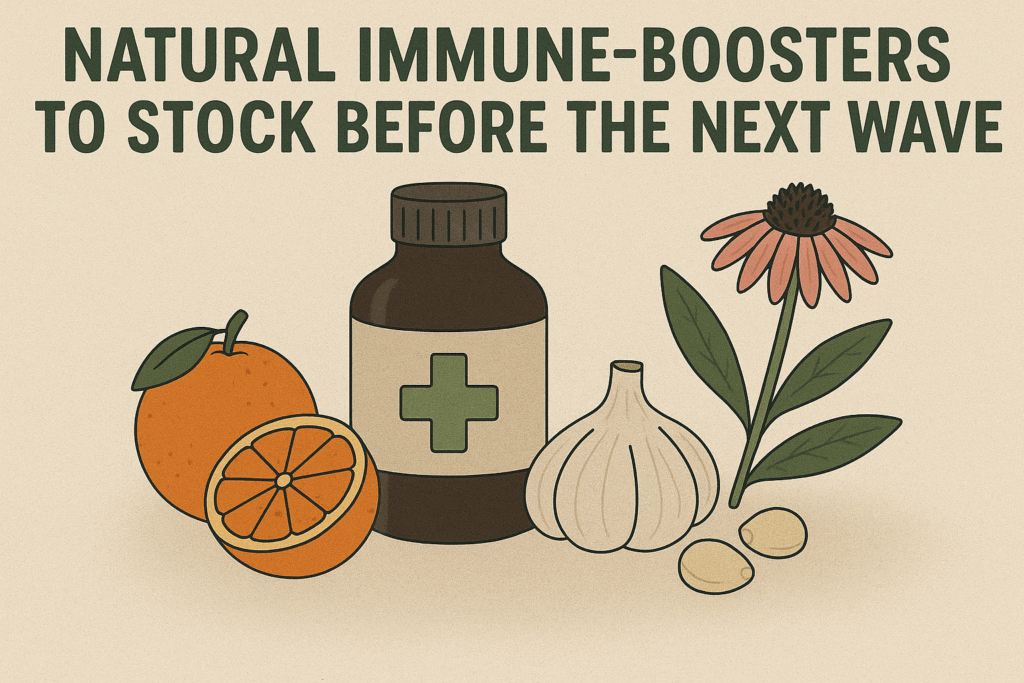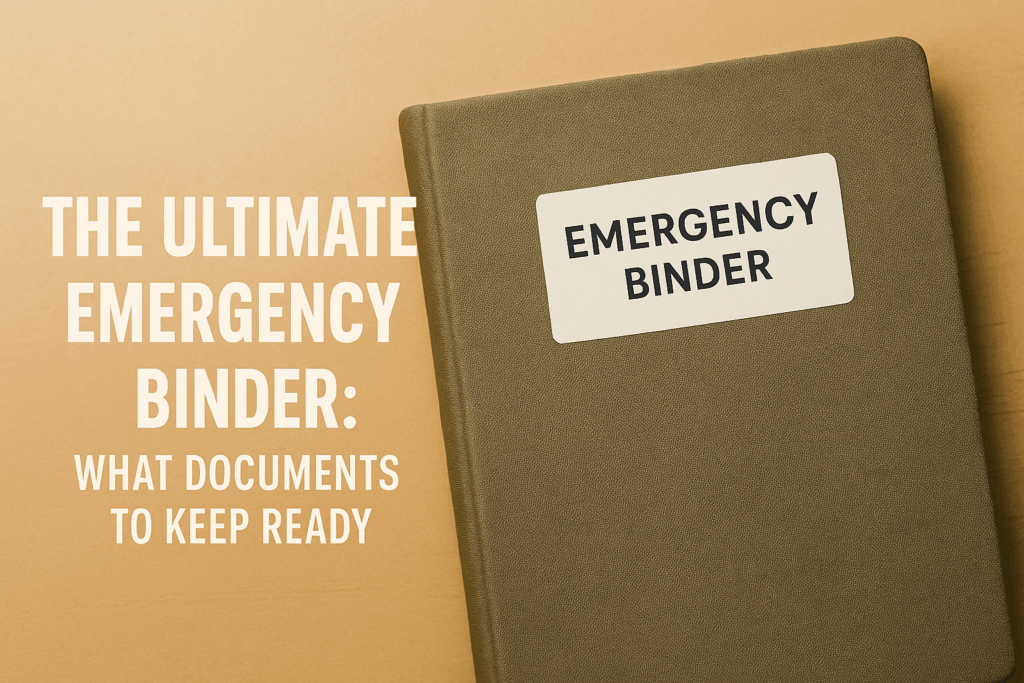It’s something none of us want to imagine—war erupting in your own backyard. But recent global tensions have shown us that peace isn’t guaranteed, even in places we once considered safe. If conflict breaks out in your region, things can change overnight. Roads can shut down. Power can go out. Communication may become unreliable. Preparing for survival during war isn’t about paranoia—it’s about being proactive, staying calm, and protecting yourself and your loved ones when it matters most. The more you prepare now, the better your chances of staying safe when everything turns uncertain.
Make a Plan Before You Need One
When chaos hits, having a plan can make all the difference. Sit down with your family or housemates and discuss what each person should do if violence breaks out. Where will you meet if you get separated? What if phones are down? Who’s your out-of-area emergency contact? A good survival during war strategy starts with communication. Write down your plan, keep a copy in your go-bag, and make sure everyone—including kids—knows the basics. If you have pets, plan for them too. It may feel overwhelming now, but clear thinking ahead of time saves lives later.
Stock Essential Supplies—But Don’t Panic Buy
In a conflict zone, everyday items can become hard to find fast. Your home should have at least two weeks’ worth of food and clean water—more if you can store it. Non-perishables like rice, beans, canned goods, and dried fruit are reliable. Don’t forget a manual can opener. Stock up on medical supplies, flashlights, batteries, hygiene items, and baby or pet necessities if needed. For survival during war, focus on practical, usable supplies. No need to hoard—just aim to be self-reliant if stores are closed or roads are unsafe. Think calm preparation, not fear-driven panic.
Create a Safe Room or Shelter Space
If things escalate and shelling or gunfire is happening nearby, you’ll want a designated space that offers as much protection as possible. A basement is ideal, but if you don’t have one, choose a room with no windows and solid walls—interior bathrooms or closets often work well. Reinforce the space with mattresses or furniture if needed. Store your emergency kit there. For survival during war, your shelter doesn’t need to be fancy—just safe, accessible, and known to everyone in your home. Practice getting there quickly so it becomes instinctual in a real emergency.
Keep Your Documents and Essentials Ready to Grab
In a moment’s notice, you might have to leave your home—possibly forever. That’s why having a go-bag packed and ready is critical. It should include copies of passports, IDs, insurance, important phone numbers, cash in small bills, medications, a flashlight, food bars, water, and a phone charger or power bank. Store everything in a sturdy, weatherproof backpack. Remember, survival during war isn’t just about physical safety—it’s about preserving your identity and your ability to function in a disrupted world. Keep your bag near an exit and review its contents regularly.
Stay Informed—But Watch for Disinformation
Access to reliable news is a lifeline in conflict. Invest in a hand-crank or battery-powered radio with shortwave capability in case internet or cell service goes down. Follow multiple verified sources—government alerts, local channels, and humanitarian organizations. But also be cautious: during war, misinformation spreads quickly. False reports can lead people into danger. For survival during war, it’s vital to verify news before acting on it. Stay skeptical, stay calm, and double-check critical details. In uncertain times, clear-headed decisions based on facts are your best defense.
Learn Basic First Aid and Emergency Skills
Knowing how to stop bleeding, treat shock, or help someone who’s unconscious could save a life—maybe your own. You don’t need to be a doctor to make a difference. A simple first-aid course or even online tutorials can teach you the essentials. Consider learning how to purify water, cook without power, and navigate without GPS. When you think about survival during war, it’s not just about gear—it’s about knowledge. The more you know, the less helpless you’ll feel, and the better your odds of helping yourself and others in a crisis.
Stay Invisible When You Need To
During war, being visible isn’t always safe. Avoid drawing attention to yourself or your supplies. Don’t post your location online. Keep lights dim at night and sounds to a minimum if danger is nearby. If you’re evacuating, wear plain, non-military clothing. Your safety depends on staying calm and blending in when needed. Survival during war sometimes means knowing when to be silent, when to hide, and when to move. Keep a low profile, avoid crowds, and trust your gut. It’s okay to be cautious—you’re protecting what matters most.
Support Mental and Emotional Health
Living through conflict takes a heavy toll on your mind and heart. Fear, grief, and uncertainty are normal—but they don’t have to break you. Talk to someone you trust. Journal your thoughts. Limit exposure to violent images when you can. Children and elderly loved ones will look to you for cues, so staying grounded helps them too. Survival during war is as much about emotional resilience as physical safety. Kindness, even in small doses, makes a huge difference. Hold on to hope, find small comforts, and remember—you’re not alone in this.
To Summarize…
War is brutal, unpredictable, and deeply personal when it comes to your home and community. But preparation is power. The more you plan, the more confident and capable you’ll feel—even when the world turns upside down. Remember, survival during war is about protecting life, dignity, and connection. You don’t need to be perfect—you just need to be ready. Take a deep breath, take action where you can, and keep your loved ones close. You’ve got this. And no matter what happens, resilience starts with readiness.




